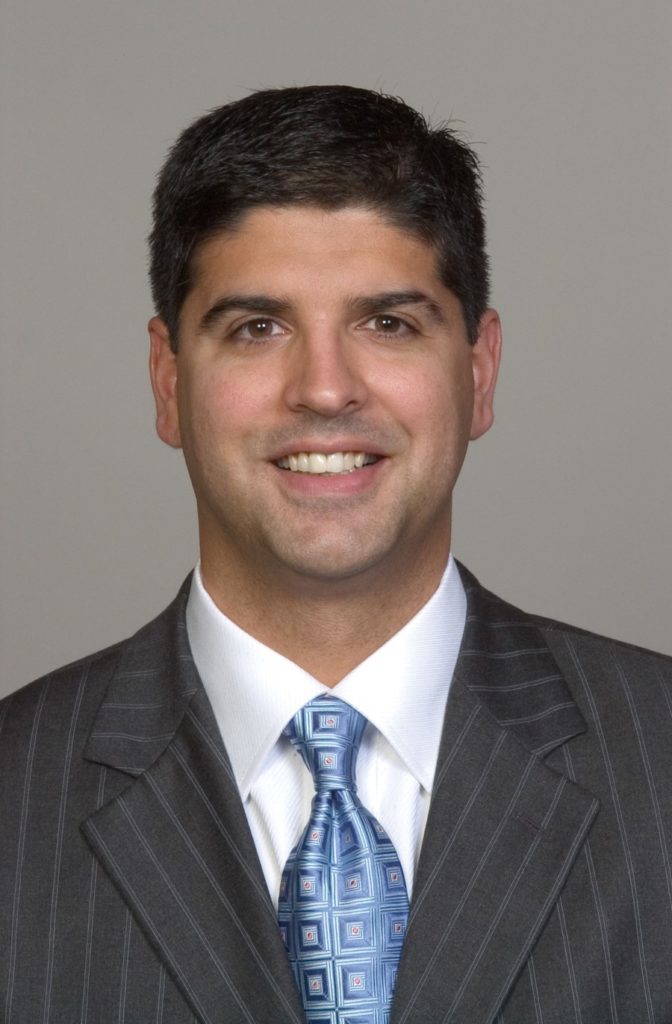
Congress has been bantering about the idea of looking into private equity ownership of nursing homes to see if it has a negative effect on quality of care. Most recently, it occurred at a House hearing on March 25.
Congress again questioned whether private equity companies are responsible for causing quality of care problems in nursing homes because, presumably, private equity owners of nursing homes are too focused on profits.
As a long time healthcare attorney, I certainly understand that healthcare providers (of all types) focus, to a certain extent, on profits, some to varying degrees. But to say that nursing home private equity owners focus on profits more than others, and that those owners are somehow a cause of substandard quality of care in our U.S. nursing homes seems just baseless and wrong.
First, only 10% of the country’s 15,000 nursing homes are owned by private equity companies. So why is Congress scrutinizing this small segment of the industry, again?
Second, in my experience, I find private equity ownership in nursing homes that I have seen to be quite astute and business savvy when it comes to healthcare. If private equity companies are focused on profits, I find that they are also just as focused, if not more, on meeting regulatory, legal and other quality standards.
In case my understanding is naïve, or in case my understanding about private equity is somehow biased given my own representation of nursing homes, I wanted to get another perspective. I spoke to fellow partner Susan V. Kayser in New York, the chair of our Post-Acute Care And Senior Services Group at Duane Morris LLP, and she agreed.
“In my years of experience I have seen plenty of private equity groups take over ownership of all types of long-term care and assisted living facilities,” she told me. “ I have NOT seen private equity groups take drastic steps to cut quality and focus solely on profits. And why would they? Prospective residents and their families have options in selecting a provider. Customers are drawn to quality, and quality of care and services are important drivers of new admissions and retention of residents in long-term care and senior living. It makes good business sense for private equity groups to place a very high value on quality.”
In other words, private equity companies are not so naïve to think they can just come in and change nursing home operations for the worse just to make a buck. In reality, they are smart enough from a business standpoint to know that if they did that, they would only be hurting their investment, not gaining from it.
As American Health Care Association / National Center for Assisted Living President and CEO Mark Parkinson alluded to at the congressional hearing, Congress should be promoting investment in nursing homes, not bashing it. This latest foray into scrutiny of private equity owners potentially has the effect of needlessly scaring investment away, investment that is highly needed as nursing homes crawl out of this pandemic.
After all that nursing homes have been through during the public health crisis, and now with declining senior care facility census reaching an all-time low, MORE investment is needed to help the industry and to protect our seniors. Private equity in nursing homes and assisted living can still provide that needed capital. Now, of all times, is not the time to needlessly denigrate nursing home owners of any type.
So scrutinizing private equity is not the answer or panacea for substandard quality of care in the nursing home industry. Once again, it seems that the public is lashing out any way they can against nursing homes instead of looking at the true reality of the nursing home industry.
Our nursing homes provide a needed island of support for our elderly infirm, and the negative nursing home press about private equity owners is not only wrong, it also disrespects, and serves to degrade, nursing homes and their importance in our healthcare system.
Neville M. Bilimoria is a partner in the Chicago office of the Health Law Practice Group and member of the Post-Acute Care And Senior Services Subgroup at Duane Morris LLP; [email protected].




